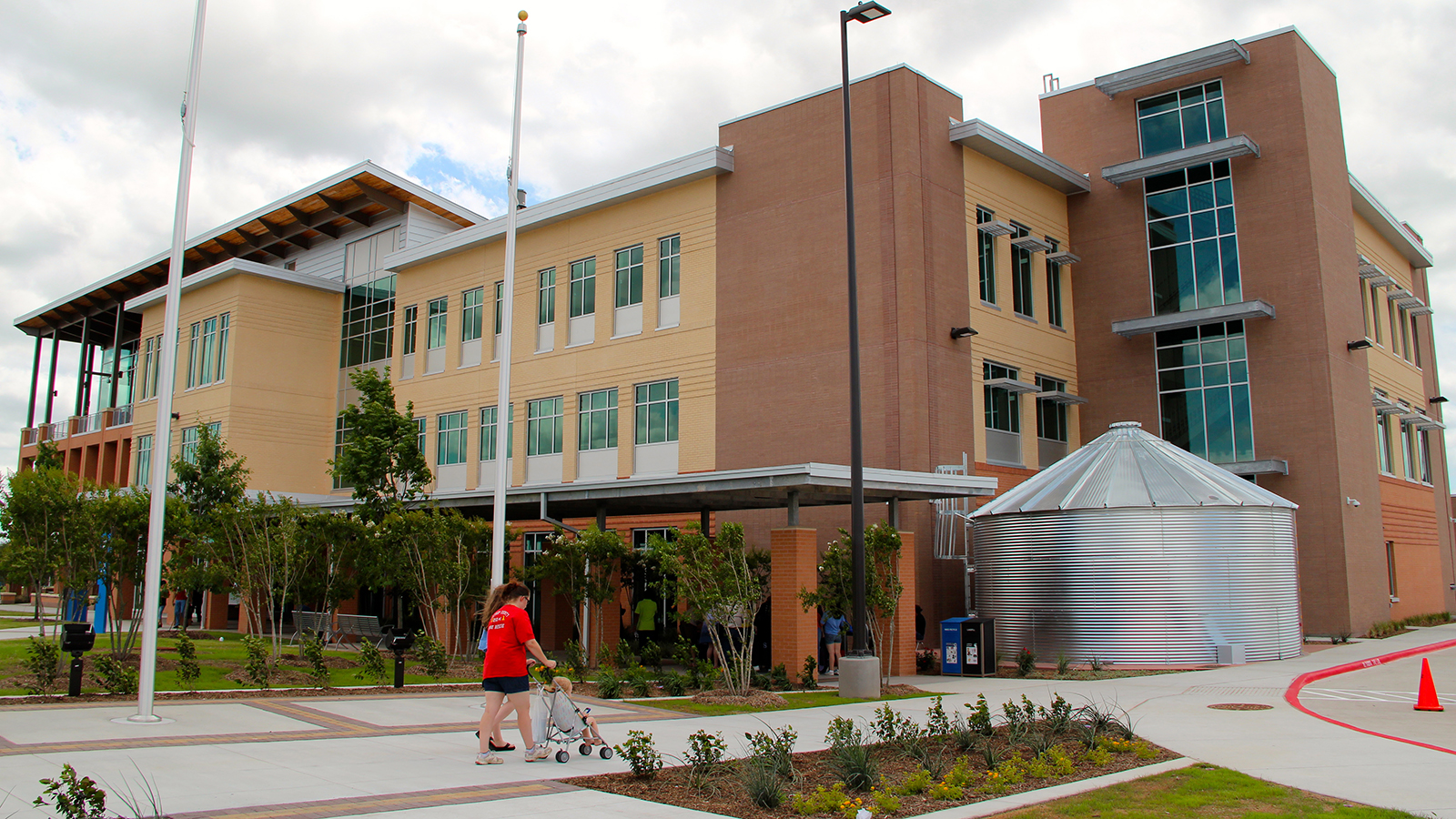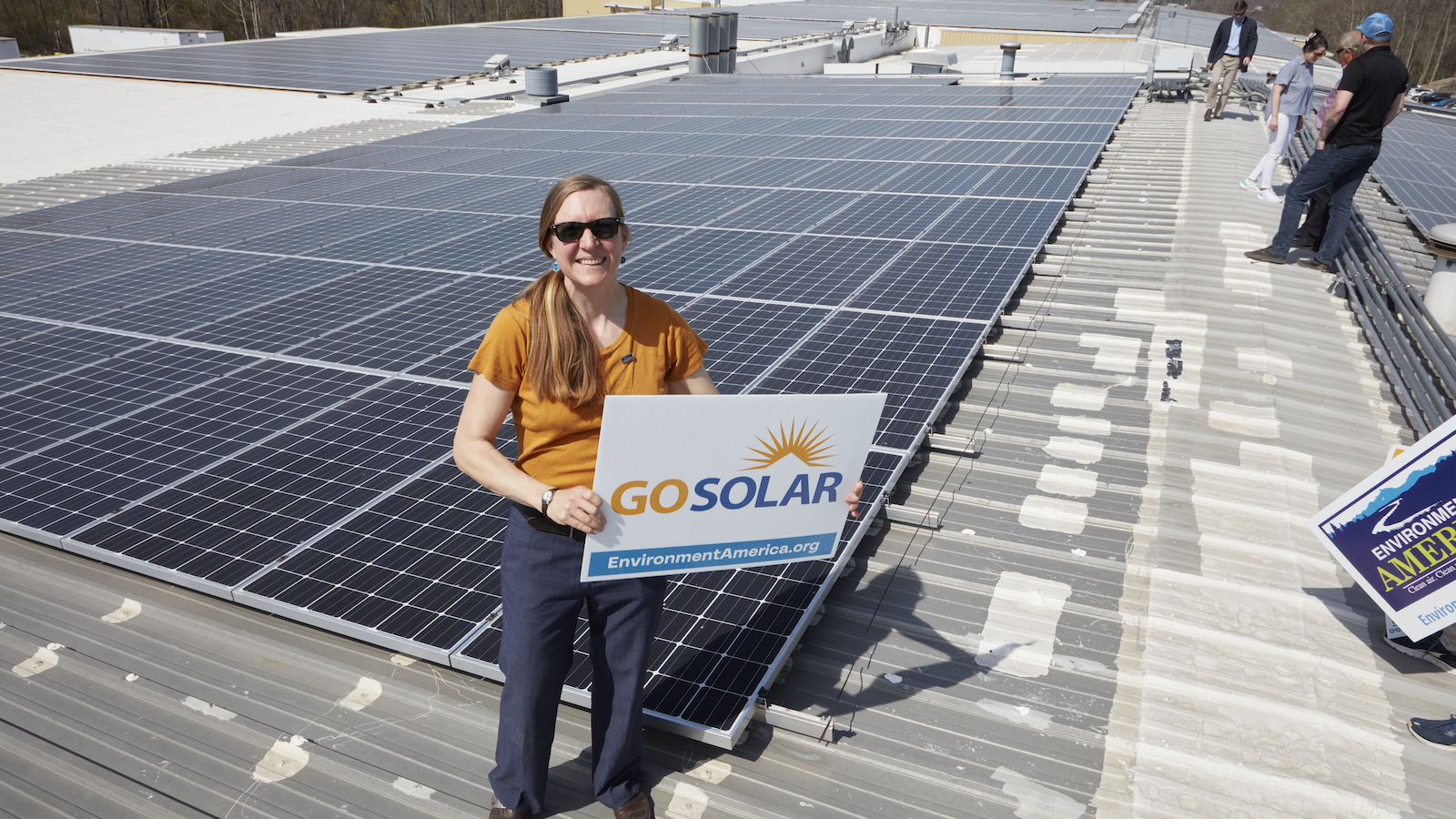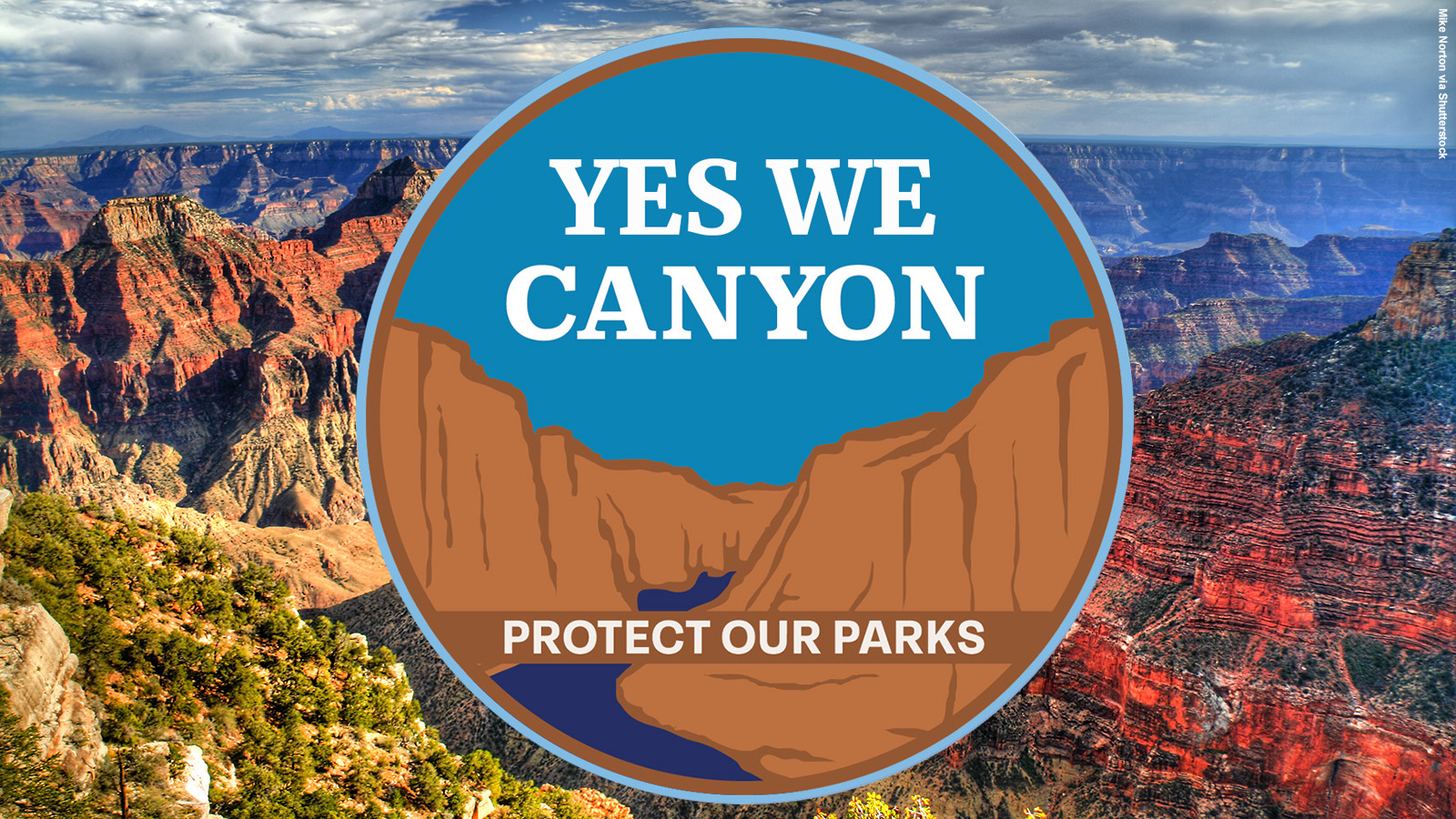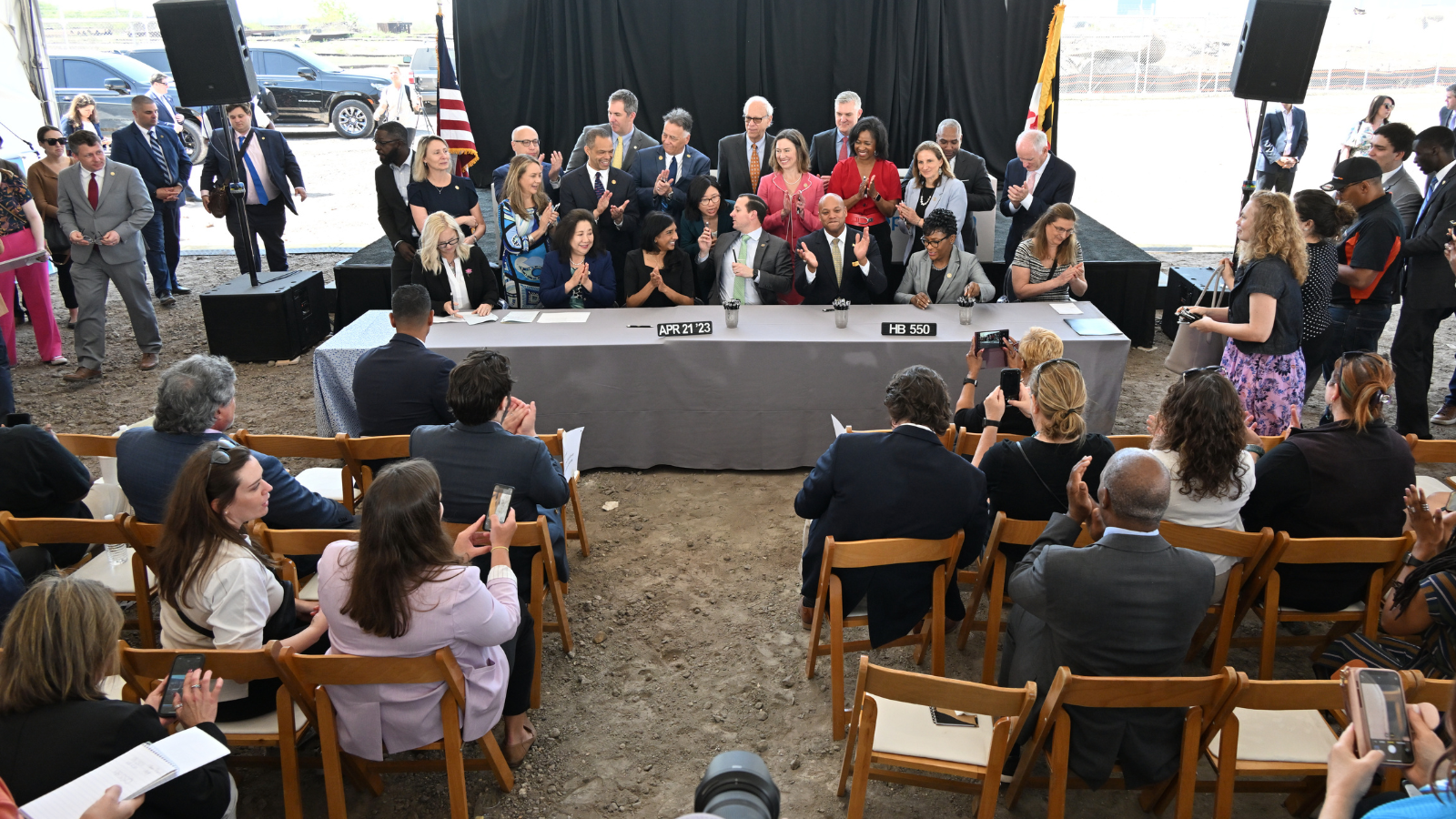Good as news: positive environmental stories you may have missed this week
The Public Interest Network’s Environment America and U.S. PIRG are working on multiple campaigns to help America get through the coronavirus pandemic as quickly and safely as possible. But we're also working to ensure that when the outbreak ends, the United States’ policies and practices ensure a cleaner, safer, better world for all of us.

The Public Interest Network’s Environment America and U.S. PIRG are working on multiple campaigns to help America get through the coronavirus pandemic as quickly and safely as possible. But we’re also working to ensure that when the outbreak ends, the United States’ policies and practices ensure a cleaner, safer, better world for all of us.
This weekly newsletter will highlight recent good news on the environmental front. If you have suggestions or comments, please email Emma Searson ([email protected]) or Josh Chetwynd ([email protected]).
Austin Community College joins nationwide 100 percent renewable trend
Austin Community College (ACC) announced a plan on Monday to power two campuses, ACC Round Rock and ACC Elgin, with 100 percent renewable electricity beginning in June 2020. With this announcement, ACC will boast the first community college campuses in Texas to switch over entirely to wind and solar power.
The announcement builds on a national trend of campus leadership. To date, more than 30 additional campuses across the country have already made similar commitments, including the University of Arizona, Vanderbilt University, Middlebury College, the University of California at Berkeley and Brown University. ACC’s commitment comes following a letter from Environment Texas Research and Policy Center, which was signed by 100 faculty, that encouraged the school to transition away from fossil fuel energy.
“With solar energy systems installed on nine campuses, ACC was already a leader within Texas for renewable energy and sustainability,” said Luke Metzger, executive director of Environment Texas Research and Policy Center. “Now, by moving two of its campuses completely off of fossil fuels, ACC is significantly reducing its carbon footprint and helping ensure a safer, more livable climate for our community. Go Riverbats!”
Senate committee moves to curb sewage pollution
The Senate Environment and Public Works Committee approved two water infrastructure bills on Wednesday. The America’s Water Infrastructure Act (AWIA) would increase funding for the Clean Water State Revolving Fund to $3 billion per year by 2024, providing vital resources to curb sewage and runoff pollution.
“Sewage overflows and runoff pollution are major threats to America’s waterways,” said Environment America Clean Water Program Director John Rumpler. “Once public health experts determine that we can safely re-open our beaches, swimmers should not face the risk of getting sick from pathogens in the water. By increasing funding for the Clean Water State Revolving Fund, the Senate Environment and Public Works Committee took a critical step forward in protecting our waterways and our health from these threats. We will continue to work with Congress to pass final legislation that more fully addresses contamination of our water.”
New report finds residential solar progress continues
Homeowner interest in solar has increased and installations continue to move forward largely on schedule, according to a new report from EnergySage. Entitled The Consumer and Installer Mindset in the Age of COVID-19, the online solar marketplace’s national survey of homeowners and installers offers such takeaways as:
-
Interest in solar has increased as a result of COVID-19: As Americans are spending more time at home and looking to save on energy bills, the majority of homeowners say they’re more interested in solar now than before the pandemic.
-
Installations are moving forward: Only 7 percent of consumers report delaying their solar timeline by more than a year due to COVID-19. On the other hand, one-third want to accelerate their timeline for installing solar.
-
Solar is open for business: Nine out of 10 installers surveyed are still actively offering solar installations.
“This report shows that Americans across the country are more interested than ever in powering their homes with clean, renewable energy,” said Environment America Go Solar Campaign Director Bronte Payne. “This is such great news because rooftop solar helps homeowners and their communities reduce pollution, live healthier lives and leave today’s children a more livable planet — all while providing a wide array of benefits to the energy grid.”
What else we’re celebrating:
-
At the Florida Aquarium, ridged cactus corals are reproducing: Ridged cactus coral reproduced for the first time under human care at the Florida Aquarium’s Center for Conservation in April, giving scientists hope for the species’ survival. The effort is part of a collaboration to save the Florida Reef Tract from extinction with the Florida Fish and Wildlife Conservation Commission (FWC) and National Oceanic and Atmospheric Administration (NOAA) National Marine Fisheries Service.
-
Judge halts exploratory gold drilling near Yellowstone: Exploration for an open-pit gold mine in Idaho, west of Yellowstone National Park, was called off on Wednesday. A U.S. District Court judge ruled the project’s groundwater quality assessment was inadequate given potential impacts to the area’s Yellowstone cutthroat trout, grizzly bears and other wildlife.
-
In Tennessee and across the country, renewables outpace coal: For the first three months of 2020, the Tennessee Valley Authority got more power from renewable sources than from burning coal. And, nationwide, renewable energy sources produced more electricity in the U.S. than coal for the entire month of April, according to a new report from the Institute for Energy Economic and Financial Analysis.
-
Eighty three U.S. representatives urge PFAS cleanup: A bipartisan group of 83 members of Congress circulated a letter to leadership calling for spending to rapidly develop safe alternatives and disposal methods for toxic per- and polyfluoroalkyl chemicals (PFAS) on military bases.
Looking for even more uplifting environmental content?
Environment America recently launched our Greener Together project. As people are practicing social distancing, the project aims to help us all foster a stronger connection with the natural world and with each other. The initiative includes engaging events, fun activities and helpful guides for both adults and children.
###
Environment America is a national network with affiliates in 29 states. Our staff and members work to protect the places we love, advance the environmental values we share, and win real results for our environment.
U.S. PIRG, the federation of state Public Interest Research Groups, is a consumer group that stands up to powerful interests whenever they threaten our health and safety, our financial security, or our right to fully participate in our democratic society.
U.S. PIRG and Environment America are part of The Public Interest Network, which operates and supports organizations committed to a shared vision of a better world and a strategic approach to getting things done.
Topics
Authors
Emma Searson
Find Out More

Solar energy is on the rise in Tennessee

Wildlife crossings connect small, fractured habitats

Yes, we canyon!

